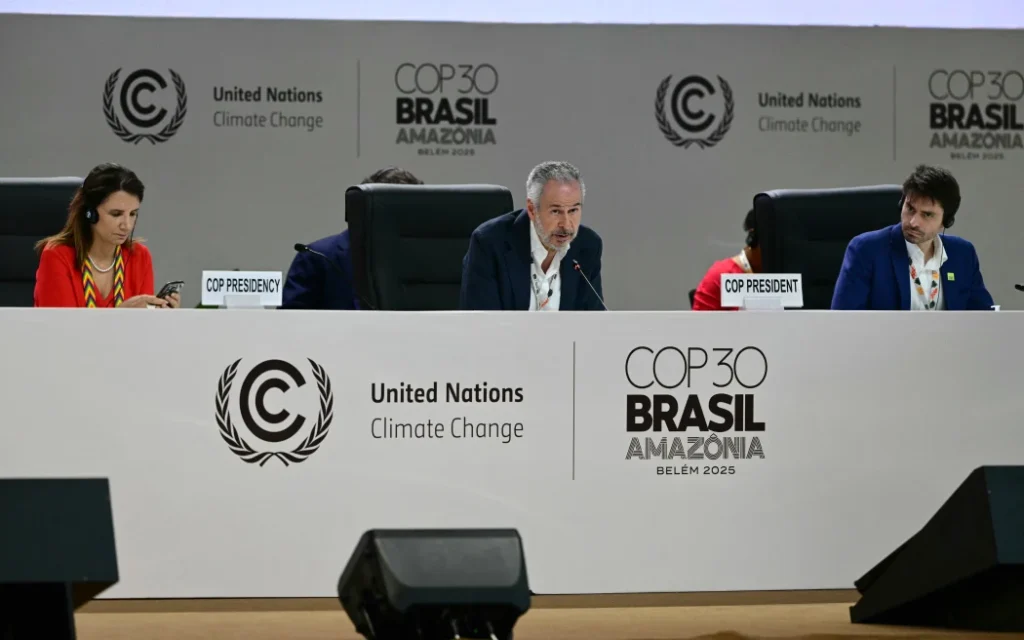The COP30 climate summit in Belem, Brazil, concluded after two intense weeks marked by protests, street marches, and even a dramatic fire incident. Beneath expansive tents set up at a former airport on the edge of the Amazon rainforest, nearly 200 nations negotiated crucial decisions aimed at accelerating global climate action. Here are the major outcomes agreed upon at the summit.
Fossil Fuels: No Roadmap, But a Collective Push
The most heated debates revolved around fossil fuels. Delegates bundled these issues into the “mutirão” pact, symbolising joint effort. While the agreement reaffirmed the COP28 commitment to “transition away from fossil fuels,” it stopped short of including that exact phrase due to political sensitivities.
Calls from more than 80 nations for a clear, global fossil fuel phase-out roadmap did not gain consensus. Instead, COP30 president Andre Correa do Lago proposed optional roadmaps for countries ready to commit, including a voluntary plan to end deforestation.
Finance: A Win for Developing Nations
Developing countries secured a major win as the final agreement called for efforts to triple adaptation finance by 2035. Under existing commitments, wealthy nations are to provide $300 billion annually by that year, though most of this typically funds emissions-reduction projects rather than adaptation.
If fully implemented, the new goal could channel roughly $120 billion specifically to adaptation—though clarity on the exact targets is still needed.
Trade: A First-Ever Climate Pillar
For the first time in COP history, trade was included in the final text. A three-year dialogue will now explore the relationship between climate policies and trade, responding to concerns—especially from China—about carbon-border taxes and other measures that could impede exports.
Forests: Brazil Launches Major New Fund
Brazil rolled out the Tropical Forests Forever Facility (TFFF), a groundbreaking investment vehicle designed to reward forest-rich nations for preserving trees. The fund has already attracted $5.5 billion in pledges and aims to ultimately raise $125 billion.
Methane: Stronger Commitments
Seven nations including the UK, France, Germany, Canada, Japan, Norway, and Kazakhstan pledged to reach “near-zero” methane emissions in the fossil fuel sector, targeting one of the fastest-acting climate pollutants.

